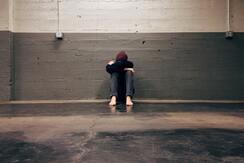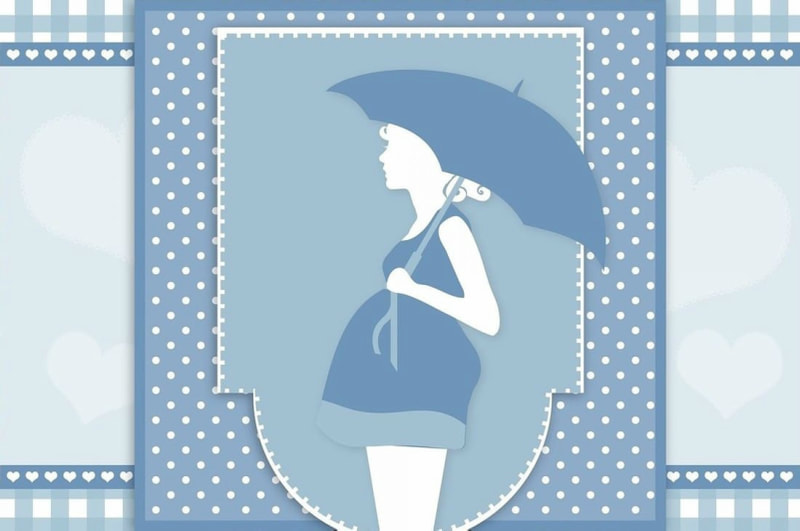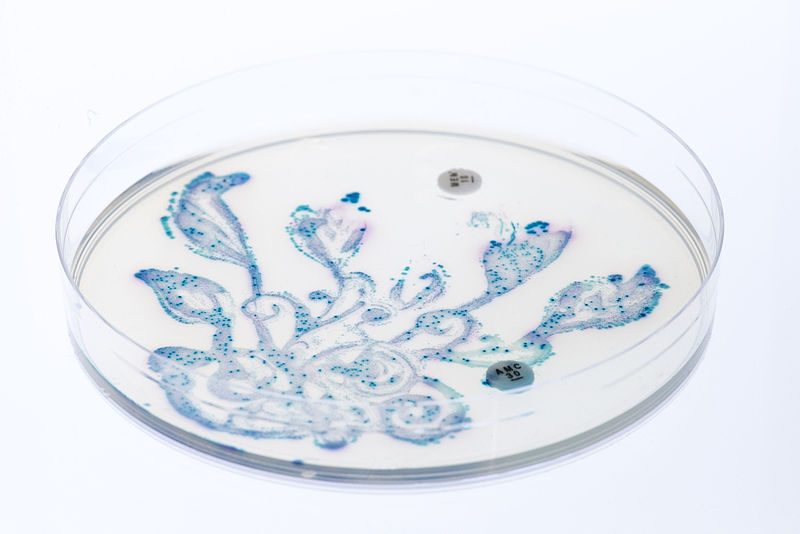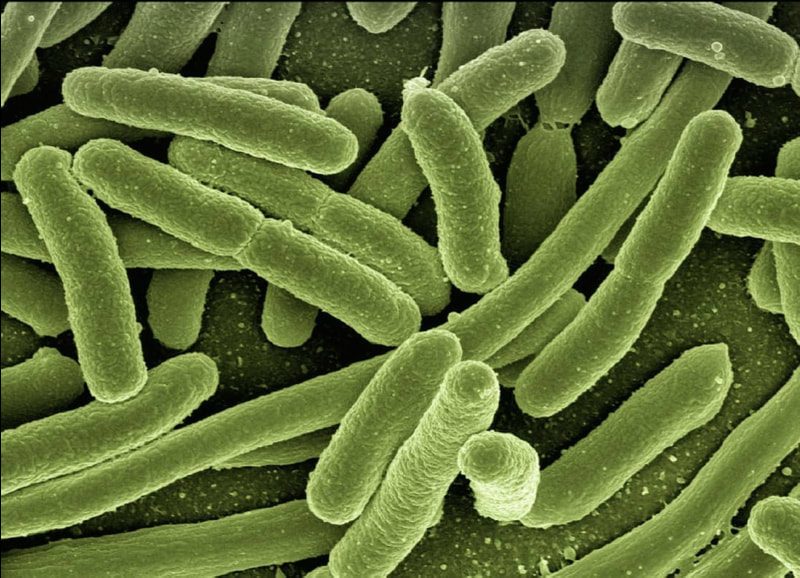Treating OCD In the Time of Coronavirus
Obsessive-compulsive disorder, also known as OCD, is one of the most misunderstood and widely misrepresented mental illnesses. Individuals with OCD have recurrent intrusive thoughts, called obsessions, and often also have behaviors to counteract these obsessions or lessen anxiety. Repetitive behaviors do not necessarily mean that someone has OCD. For example, a new parent might check their child's activities through a baby monitor several times a day for a minute or two at a time. However, they do not spend a large amount of time worrying or obsessing over their child and check the monitor to reduce any anxiety they experience. For those who are actually affected, OCD can become very debilitating.
The criteria to be diagnosed with the disorder is to have obsessive thoughts or engage in compulsive behaviors for at least an hour a day. The themes of these intrusive thoughts can vary—one of the most commonly known categories is contamination, a fear of contracting germs or an illness, but others include unwanted thoughts about taboo topics like sex, religion, and harm. The main treatment for OCD is exposure and response prevention (ERP) therapy. ERP exposes the patient to their fears and prevents them from engaging in compulsions. Over time, the patient’s distress decreases and they can learn to let go of compulsive behaviors.
The criteria to be diagnosed with the disorder is to have obsessive thoughts or engage in compulsive behaviors for at least an hour a day. The themes of these intrusive thoughts can vary—one of the most commonly known categories is contamination, a fear of contracting germs or an illness, but others include unwanted thoughts about taboo topics like sex, religion, and harm. The main treatment for OCD is exposure and response prevention (ERP) therapy. ERP exposes the patient to their fears and prevents them from engaging in compulsions. Over time, the patient’s distress decreases and they can learn to let go of compulsive behaviors.
Image Source: Burst
Since the COVID-19 pandemic began in 2020, over 128 million people have been infected with the virus and 2.8 million have died. Most countries have implemented strict guidelines and regulations to control the spread of disease, which have brought an abrupt halt to the in-person treatment of many individuals with OCD. This has prevented patients from being able to do their ERP assignments, and has thus caused many to regress. In some cases, regression can even be life-threatening. For example, if someone has a fear of germs, they might shower for excessive periods of time or refuse to go outside. This can cause several health issues, such as increased susceptibility to infections from excessive hand washing or showering, which could be harmful during a pandemic. Malnutrition and vitamin D deficiency may also arise due to the fear of going outside. Additionally, individuals with OCD can develop new obsessions and compulsions due to the pandemic. For example, someone that had a contamination obsession might develop a COVID-related obsession.
A 2020 German study investigated whether the COVID-19 pandemic has increased national OCD prevalence and how it has affected people with this disorder. The study recruited 394 OCD patients, 223 of which had washing compulsions, by administering a survey that asked about symptoms such as compulsive washing, hoarding supplies, and organization. The responses were scaled to produce final scores indicative of OCD severity. A score between 0–15 points was considered mild, between 16–27 was considered moderate, and between 28–72 was considered severe. Additionally, a separate questionnaire was administered to identify the impact of COVID-19 on OCD. Participants were asked questions about how and if their compulsive behaviors have changed since the pandemic started. The study also assessed patients’ depression levels. The results showed that most OCD patients had moderate to severe OCD and moderate depression; 72% of participants also reported an increase in OCD severity since the beginning of the pandemic. Participants with washing compulsions had higher rates of OCD-worsening compared to those without washing compulsions.
It is crucial for people with OCD to seek help, especially during the pandemic, since they could be experiencing worsening symptoms. Seeing a mental health professional who can provide safe and effective treatments for OCD patients—and others struggling with their mental health—is an important strategy for successfully managing symptoms.
A 2020 German study investigated whether the COVID-19 pandemic has increased national OCD prevalence and how it has affected people with this disorder. The study recruited 394 OCD patients, 223 of which had washing compulsions, by administering a survey that asked about symptoms such as compulsive washing, hoarding supplies, and organization. The responses were scaled to produce final scores indicative of OCD severity. A score between 0–15 points was considered mild, between 16–27 was considered moderate, and between 28–72 was considered severe. Additionally, a separate questionnaire was administered to identify the impact of COVID-19 on OCD. Participants were asked questions about how and if their compulsive behaviors have changed since the pandemic started. The study also assessed patients’ depression levels. The results showed that most OCD patients had moderate to severe OCD and moderate depression; 72% of participants also reported an increase in OCD severity since the beginning of the pandemic. Participants with washing compulsions had higher rates of OCD-worsening compared to those without washing compulsions.
It is crucial for people with OCD to seek help, especially during the pandemic, since they could be experiencing worsening symptoms. Seeing a mental health professional who can provide safe and effective treatments for OCD patients—and others struggling with their mental health—is an important strategy for successfully managing symptoms.
Featured Image Source: Pixabay
RELATED ARTICLES
|
Vertical Divider
|
Vertical Divider
|
Vertical Divider
|






